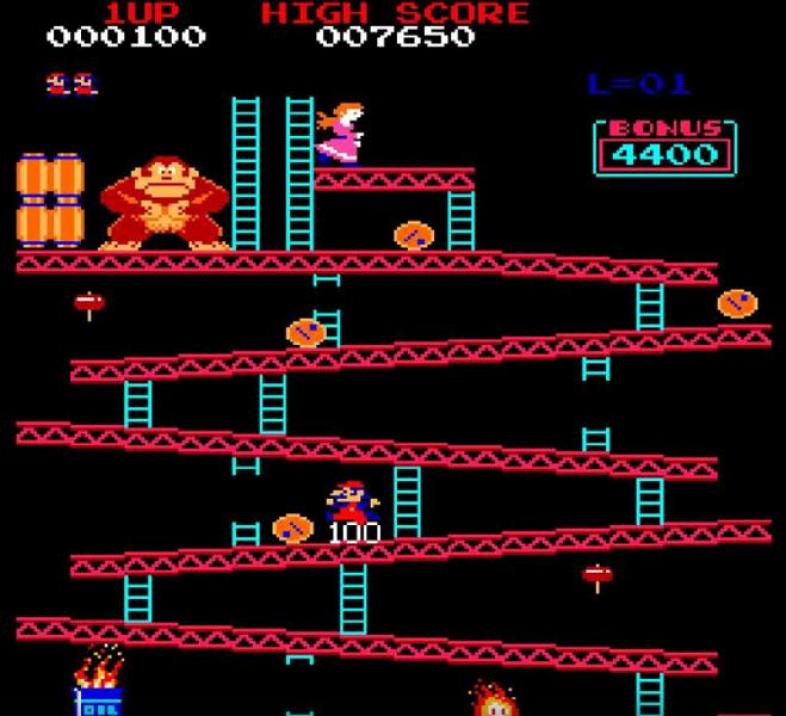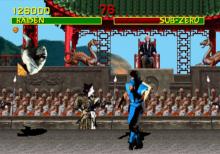The History of Video Games: 11 Interesting Facts You Didn’t Know: Page 2 of 11

2. 1960 - 1969:
Spacewar!, the Console Prototypes
The 1960s marked the era when developers started experimenting with the kinds of experiences that computer games can explore.
1962 saw a Massachusetts Institute of Technology (MIT) student, Steve Russell, creating the first interactive, digital, computer-based game – a science fiction title called Spacewar!. It would be distributed to many computer labs across the nation. But because computers were expensive, cumbersome, and primitive in those days, few failed to see the commercial potential of such games.
Meanwhile, the U.S. military would continue their flirtation with video games, creating a war simulation known as Simulation of Total Atomic Global Exchange (STAGE).
In 1964, John G. Kemeny of Dartmouth introduced the high-level programming language BASIC to students, allowing them to easily create their own computer games.
In 1966, Ralph Baer, an engineer working for Sanders Associates, proposed the concept of developing interactive games that can be played on a television. The following year, Baer and his team successfully created the prototype console: the Brown Box. This machine allowed users to play games they designed – including a tennis game and a shooting game that incorporated the handling of a toy gun – using a television. In 1968, Baer patented his creation, paving the way for the next decade of early video game history.
In 1968, Doug Dyment coded a text-based game called The Summer Game, which tasked players with managing resources and land. It was the precursor to construction and management simulations such as SimCity.
Image Gallery
- Log in or register to post comments
- 2807 reads
 Home
Home PC Game Trailers
PC Game Trailers News
News Menu
Menu






































